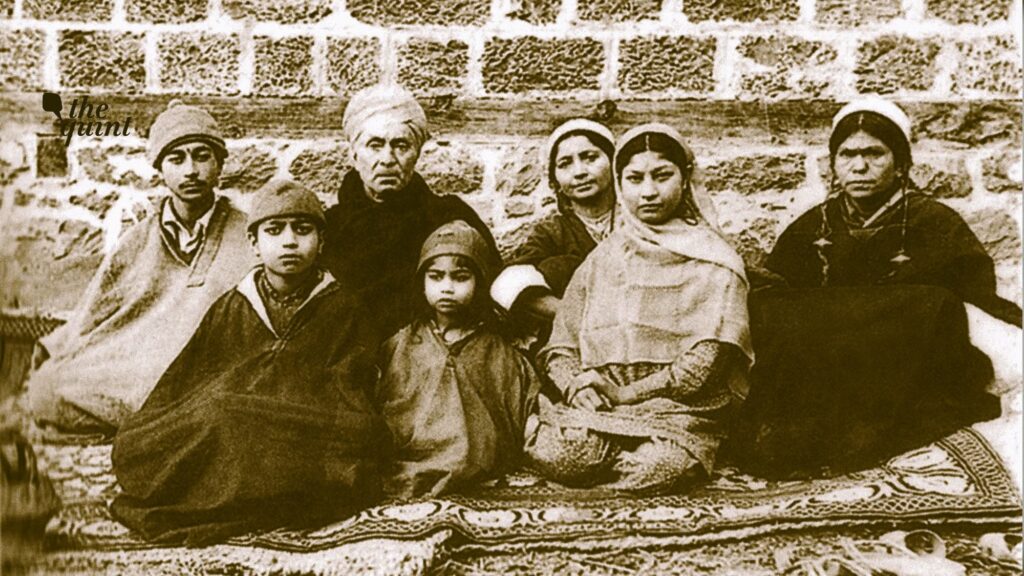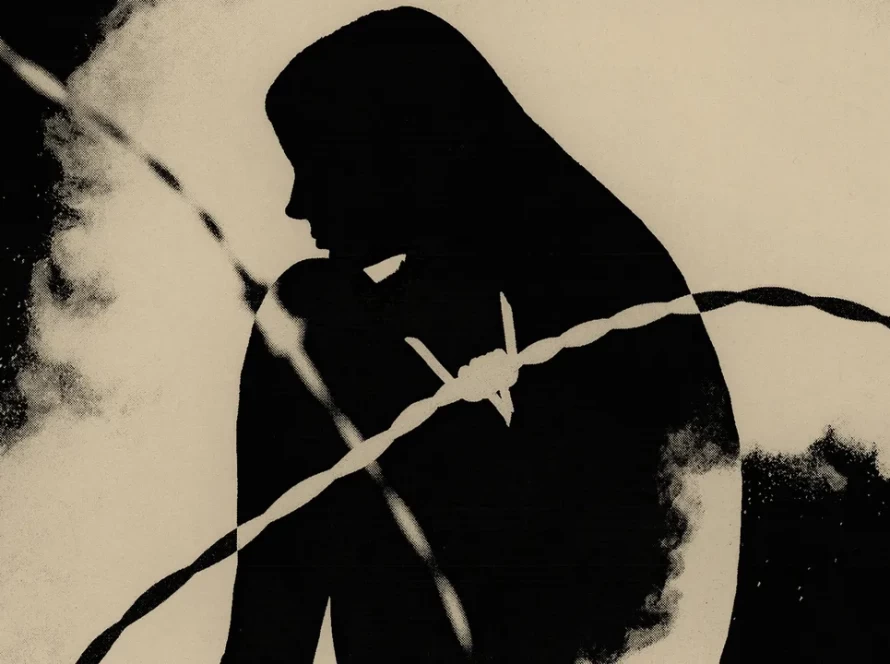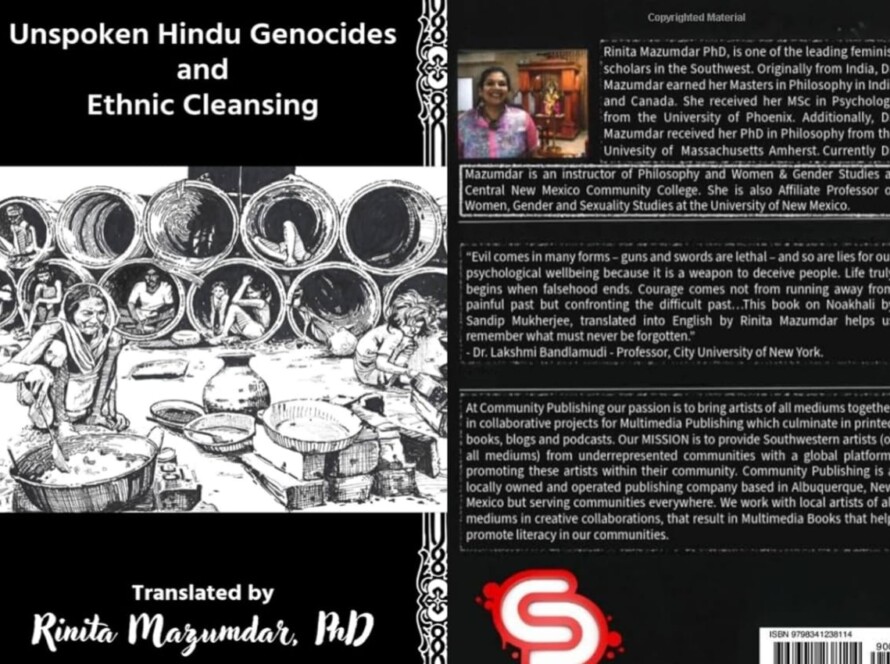“The misrepresentation of genocide victims through symbolization can have profound implications for intergenerational trauma and collective memory. When victims are reduced to simplified symbols or narratives, the legacies of trauma and resilience that are passed down through generations may be overlooked or distorted. This can lead to a disconnect between the lived experiences of survivors and their descendants and the ways in which their histories are represented and remembered.
For example, The Kashmiri Pandit genocide, marked by the targeted killings and mass exodus of the Pandit community from the Kashmir Valley in the late 1980s and early 1990s, is a stark example of how the misrepresentation of genocide victims through symbolization can distort their experiences. The use of the term “migrants” to describe the genocide victims displaces Kashmiri Pandits trivializes the brutality they faced and obscures the reality of their forced displacement. By framing them as migrants, the narrative shifts away from the violence, intimidation, and terror that drove them from their homes, effectively downplaying the severity of their suffering and the loss of their ancestral homeland.”
Ganju, Tito. (June 2024). “The Misrepresentation of Genocide Victims through Symbolization” In Pavak – published by Jonoraj Institute Of Genocide & Atrocity Studied.
Testimony of an actual survivor:
From an actual survivor of ethnic cleansing whom I shall name B, to keep his confidentiality. This is almost verbatim from what B told me about the escape of his family from Pahelgum, in 1990s. What the above theoretical framework says, fits the actual narration of this refugee. He and his family were not migrants, they were refugees fleeing terror and ethnic cleansing.
They had a three storied building in a place near Anantnag which is the road that pilgrims follow to go to Amarnath. All of a sudden things started changing and the neighbors started changing. He has a school friend, whom I will call S, a Muslim, who suddenly changed his identity and took a different name, Farook. The day of their escape was like other days, except the atmosphere was tense. There were a total of 24 family members with his father, his uncles, aunts, their sons (his cousins) and their children. His child was 2 years old and his wife was 8 months pregnant.
They decided to leave that day as the news of his maternal uncle’s death came (his mamaji), whom he met a few hours ago. He was shot dead by one of the local gunmen. B met him a few hours ago in a local office where his uncle worked. His uncle advised him to take of all the symbols that showed he was a Hindu and wipe off the red dot on his forehead. His uncle told him that he was told by some locals to set their watch to Pakistan time. There was a tea shop opposite his house and beside a few yards away a mosque. The owner of the tea shop, a Muslim, asked if he had mattresses. He asked why and the owner of the tea shop said that people needed to sleep in the mosque. Then he saw young men in gun coming into the mosque with rifles hanging from their backs. In the meantime the news of B’s maternal uncle being shot dead by militants came in. B said with some remorse that they could not perform the last rites of their uncle, as they were running away for their lives. It was then that they decided to leave their ancestral home. B contacted a local Sikh gentleman and rented a truck. It was very difficult to put the two pregnant women (B’s wife and one other woman) in the truck. They placed all the women and children in the truck first, then the elderly and the young men somehow hung on the back. After they (B’s family left) left the village the Islamists blasted the Shahri Mukhi Temple of their village. In the words of B, “which proves they not only hate us but the symbol of our religion” In the words of They boarded the truck, and it carried them through the night. In the morning they reached a place where they had some tea and a little snacks. As dawn broke, they kept traveling in the bus, not knowing if they would reach the borders of Jammu and would be safe…



